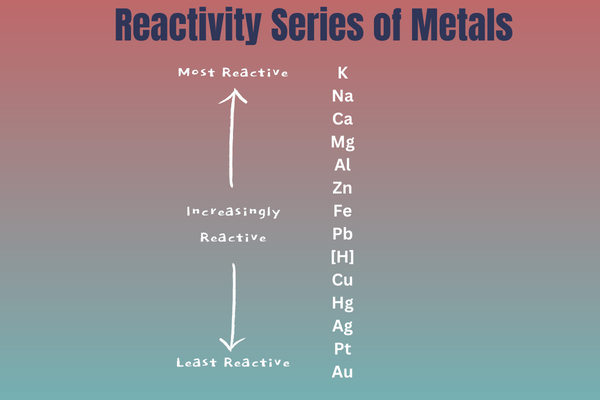The short story “A Letter to God” by Gregorio López y Fuentes is a heartwarming narrative that explores themes of faith, hope, and human resilience. At the center of the story is Lencho, a poor but hardworking farmer whose survival depends solely on the success of his crops. One of the most significant moments in the story occurs when Lencho compares the falling raindrops to “new coins.” This comparison is rich with meaning and reveals Lencho’s perspective on life, wealth, and faith. But what exactly did Lencho mean by this comparison, and why did he make it? Let’s explore the reasons behind Lencho’s unique metaphor.
1. Lencho’s Comparison of Raindrops to New Coins
When the much-needed rain finally arrives, Lencho watches it with great joy and relief. For him, the rain signifies more than just water; it represents wealth, prosperity, and survival. In a moment of pure happiness, Lencho compares the raindrops to “new coins.” Specifically, he says that the large drops resembled ten-cent coins, while the small drops were like five-cent coins.
This comparison might seem unusual at first, but for a farmer like Lencho, the rain held the same value as money. In fact, for him, rain was wealth because it ensured a good harvest, which in turn would bring food, income, and security for his family.
2. Rain as a Symbol of Wealth and Prosperity
Lencho’s comparison highlights the deep connection between nature and livelihood in the life of a farmer. For city dwellers, wealth might be counted in terms of currency, gold, or property. But for Lencho, wealth came from a successful harvest. The rain meant that his corn and beans would grow well, leading to a bountiful yield that could be sold for money.
The “new coins” metaphor also reflects Lencho’s belief that this rainfall was as valuable as freshly minted money. New coins, shiny and bright, symbolize fresh opportunities and financial gain. Similarly, the rain brought new hope for a profitable season, which would secure his family’s future.
3. Hope and Optimism in Lencho’s Words
Lencho had waited for this rain for a long time. His comparison of raindrops to new coins also reflects his hopeful and optimistic nature. In his mind, each drop of rain was an assurance of future wealth. The ten-cent and five-cent pieces represented the value he associated with each drop, suggesting that he had already begun to picture the financial benefits of a good harvest.
For Lencho, the rain was not just water—it was life, food, and income. His cheerful observation shows how deeply he believed that nature would reward his hard work. This optimism is what makes Lencho’s character so relatable and inspiring.
4. Rain as a Gift from God
Another reason why Lencho compared the raindrops to new coins lies in his unshakable faith in God. Lencho believed that God looked after good and honest people like him. To him, the rain was a direct blessing from God, sent to reward his labor and ensure his family’s survival.
The freshness of the new coins in his comparison mirrors the purity and benevolence of divine blessings. Lencho did not see wealth in terms of material possessions; rather, he saw it in terms of what nature, under God’s care, provided. The rain, therefore, was a sign of God’s generosity and kindness, which he believed would never fail him.
5. The Irony of the Comparison
Interestingly, while Lencho initially celebrated the rain as “new coins,” his joy was short-lived. The rain turned into a destructive hailstorm, wiping out his entire crop. The very drops he had compared to wealth became the cause of his despair. This ironic twist adds depth to the story, showing how unpredictable life can be.
However, even after this tragedy, Lencho’s faith remained unbroken. He believed that God would help him recover from his loss, which led him to write the famous letter to God, asking for financial assistance.
6. The Farmer’s Perspective on Wealth
Lencho’s comparison also sheds light on the simple yet profound understanding of wealth in rural communities. Unlike urban populations that view wealth in abstract monetary terms, farmers like Lencho see wealth in practical terms—a good harvest, healthy livestock, and favorable weather.
The raindrops represented potential earnings, just like coins in a purse. Each drop brought the promise of food on the table, the ability to sell surplus crops in the market, and the means to sustain his family for another year.
Conclusion
Lencho’s comparison of the raindrops to “new coins” is a powerful metaphor that reveals his faith, hope, and perspective on life. For Lencho, the rain was not just a weather event; it was wealth, security, and a gift from God. His words reflect the reality that for farmers, the forces of nature are directly linked to survival and prosperity.
Although the story takes an ironic turn when the rain becomes a destructive hailstorm, Lencho’s unwavering belief in divine justice remains the central theme. His comparison teaches us that wealth is subjective—for some, it may be gold and riches, but for others, like Lencho, a few drops of rain can be worth more than all the money in the world.

Rahul Kumar is a passionate educator, writer, and subject matter expert in the field of education and professional development. As an author on CoursesXpert, Rahul Kumar’s articles cover a wide range of topics, from various courses, educational and career guidance.



